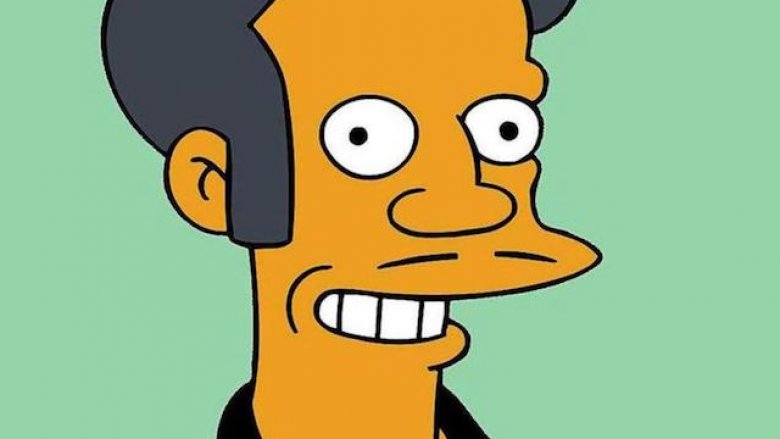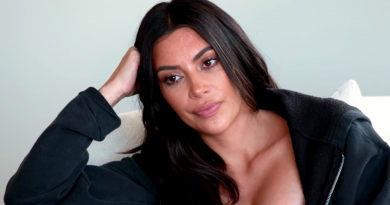Why am I only hearing after 30 years that Apu is offensive?
Even though he has been a character on The Simpsons for over 20 years, Kwik-E-Mart owner Apu Nahasapeemapetilon is offending the masses. Well, I can’t exactly say the masses. It’s more like a handful of people in today’s overly sensitive society.
Here’s the deal: The Indian character runs a convenience store and has the “stereotypical” voice of, well, an Indian. Lately that has people saying it is a horrible generalization, if not racist. Because of that, people want the character changed or even taken off the show altogether. (It didn’t help that the voice actor chimed in during an interview saying something should be done about it.)
That Simpsons character is no different than many other kinds of characters you see on TV shows.
There is the dumb blond who doesn’t understand basic concepts and says foolish things that make her look stupid. I don’t think I’ve ever heard protests from the blond community about eliminating these characters from TV. In fact, hair colour aside, almost every sitcom has the “dumb” character. Do people with a low IQ or lack of common sense protest outside the TV networks? Not that I’ve ever heard of.
How many shows have the stereotypical flamboyant gay character? They often have feminine mannerisms, a higher-pitched voice (if not a lisp) and can be portrayed as promiscuous. This is often seen on reality shows where producers cast, as I call them, the cookie cutter gays.
What about careers? How many shows portray cops as lazy doughnut-eating officers? Why aren’t law-enforcement agencies standing up and saying, “That’s not how we are. Knock it off”? Maybe they are, honestly, I’m not tuned into every protest that’s happened in recent years. The point is most people in that profession will simply shrug it off.
Years ago there was an NBC show called Outsourced that took place in an overseas call centre. That show was filled with racial stereotypes and jokes that didn’t do much for busting the myth that call centres are staffed by foreigners. I think the show, that was cancelled after one season, was playing into people’s beliefs and poking fun at how one type of culture is perceived. Was it mocking them? I didn’t think so. I personally found it funny. But by that admission I risk being called racist.
The show certainly wasn’t attempting to get people to rally against a group of people. If anything, it showed that the people were genuinely nice and wanted to provide good customer service. It humanized them, it didn’t demonize them.
But stepping back, it’s true that what was considered funny 20 or 30 years ago might not be funny today. Al Bundy’s fat jokes wouldn’t fly today. Archie Bunker’s racial comments are censored on reruns of All in the Family. Society’s standards and/or tolerances have shifted. Is it enough to call for the end of a TV character just because it’s on trend to be easily offended?
I have had many conversations with people in comedy — from standup to sitcom — and a lot of them are concerned about the state of the world. When we say it’s not OK to laugh, that’s when we’ve run into trouble. We hear about all the hate in the world but I wonder if more focus should be put on the haters and helping them lighten up a bit.



